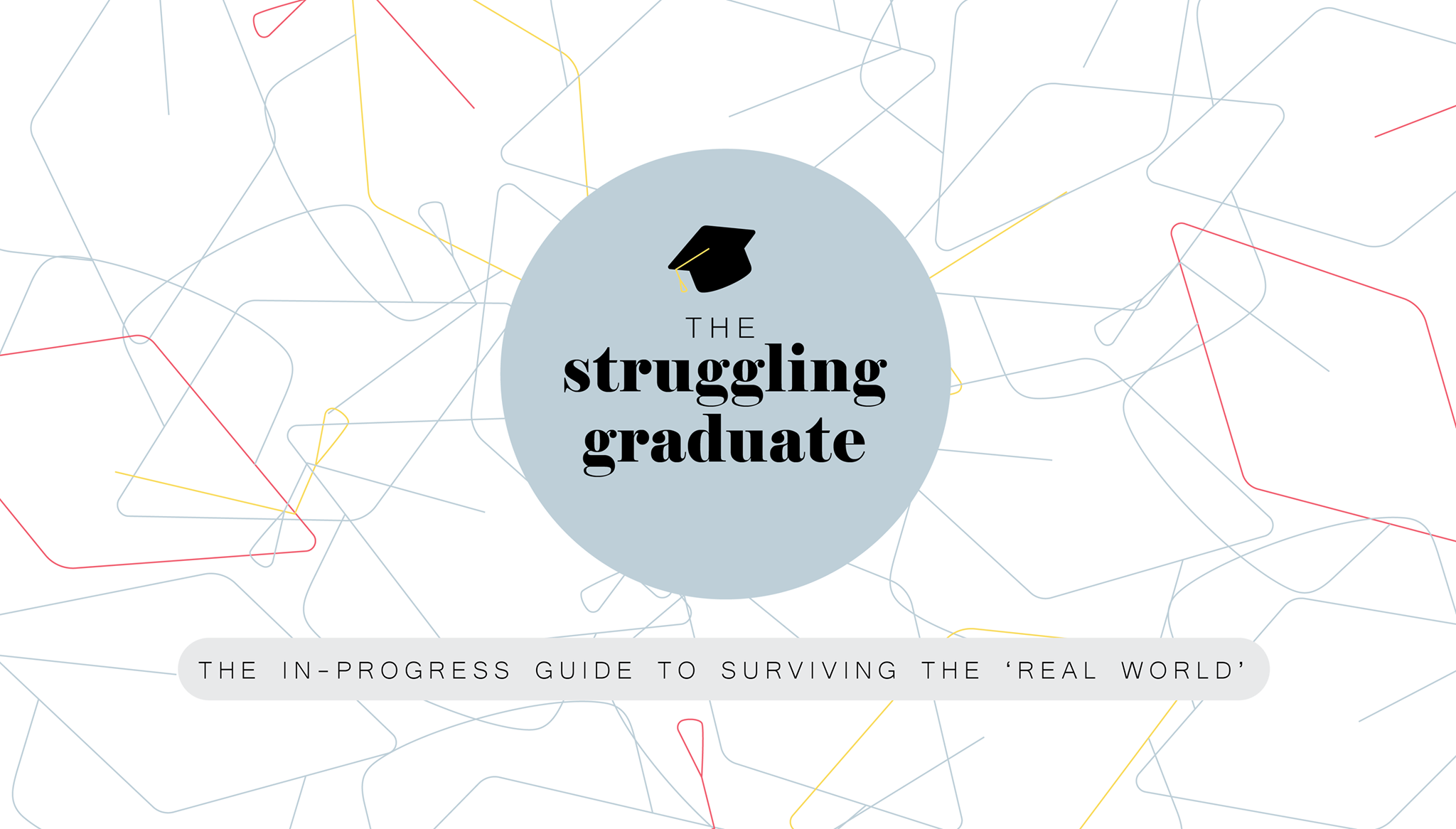Have you ever had a friend tell you something about yourself and been absolutely dumbfounded, confused as to how their observation could be true? If you have, besides being a little embarrassing, you know how awkward and confidence-shaking it can be.
It’s a strange feeling to think you know yourself better than anyone ever could, only to be enlightened by a colleague you’re not very close with. However, there is a silver lining to this: the blind spot you once had is no longer there. In other words, you’re one step closer to total self-awareness.
What is self-awareness? The term is so widely used to mean a myriad of things, but essentially it’s having a “conscious knowledge” of your own character, feelings, motives and desires. It’s so easy for our thoughts and actions to fall into autopilot based on habits and routine – what’s harder is stepping back to figure out the root of why you always stress eat right after speaking to your manager.
“Know thyself.”
– Ancient Greek aphorism
The most important reason to have high self-awareness, in my opinion, is that it gives you a sense of peace. If you know what your triggers are, you can learn how to properly handle yourself in tough situations. It is one of the key ingredients to mastering self control, and even helps you avoid having feelings of regret, instead reflecting on your decisions to grow. It’s also the first step to developing strong emotional intelligence, which is a whole other topic in itself. Here are five ways to have better self-awareness:
Practice Self-Reflection
The first step in cultivating better self-awareness is to practice mindful self-reflection. Start by reflecting on some moments in your life where a huge win or success for yourself was caused by an action that you took. Then, reflect on some moments where you didn’t feel so accomplished, and see if there is a common denominator – whether it’s a negative person in your life being hard on you, a bad habit, or a trigger you’re not consciously aware of. Once you’ve listed your strengths and weaknesses, you can finally turn your weaknesses into strengths. You can address those patterns that in the past have caused your actions to produce a less-than-desirable result, and change them. Another awesome way to do this would be to keep a log or journal of these experiences, to help clear your mind and think more objectively.

Set Intentions, Goals & Plans For Yourself
A key part to self-awareness is knowing what drives you and what you want out of life. Okay, that sounds like a loaded question, but it doesn’t have to be final. It doesn’t have to be something as specific as “Become the CEO of Maple Leaf Foods by 45”, but it does have to reflect what is important to you. Set these intentions by creating an action plan, a vision board, or even just plain mental resolve. All that matters is that you consciously know what you want.
Ask For Feedback
360-degree feedback are awesome – but unfortunately, they’re only done in some companies, and usually for people in managerial positions. But who says you can’t go chasing your own feedback? Getting feedback from people who you trust is a fantastic way to find potential blind spots you may have when it comes to character and behaviour.

Be a Good Listener
Sometimes, people may be telling you things without saying them outright. If you’re often told you “need to relax”, but you brush it off as nothing, you may need to take a moment and wonder why people keep saying that. Maybe you get aggressive when you’re stressed out and it hinders your performance or relationships with people close to you, or coworkers. When people give you advice or feedback, you have to listen. Like, actively listen.
Try Different Things & Don’t Judge Yourself
At the end of the day, self-awareness doesn’t happen overnight. Heck, it may take a lifetime to get it, and some never get there. We’re also constantly changing, so it’s only normal that we have to continuously make a conscious effort to be as self-aware as possible. You’re your own worst enemy, so on your journey to self-awareness, don’t be so hard on yourself. When you find something that’s not working, try out different things and see how it works out. If you’ve made the decision that you want to be self-aware and you’re willing to put the effort in, you’ve already done the hardest part.

